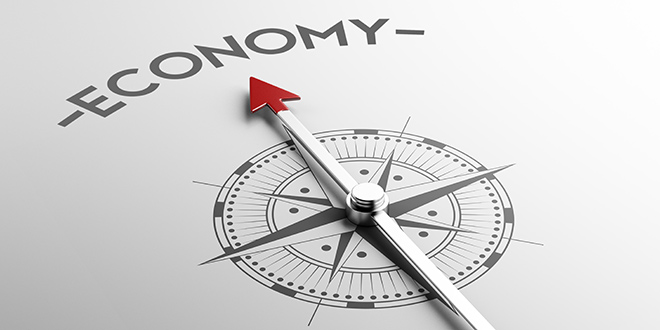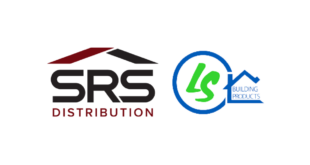The Conference Board released its March Consumer Confidence Survey, which reports consumer attitude, buying intentions, vacation plans and expectations for inflation, stock prices and interest rates.
The Conference Board Consumer Confidence Index fell 7.2 points in March to 92.9. The Present Situation Index—based on consumers’ assessment of current business and labor market conditions—decreased 3.6 points to 134.5.
The Expectations Index, which is based on consumers’ short-term outlook for income, business and labor market conditions, dropped 9.6 points to 65.2, the lowest in 12 years and well below the threshold of 80 that usually signals a recession ahead.
“Consumer confidence declined for a fourth consecutive month in March, falling below the relatively narrow range that had prevailed since 2022,” says Stephanie Guichard, senior economist, Global Indicators at The Conference Board. “Of the Index’s five components, only consumers’ assessment of present labor market conditions improved, albeit slightly. Views of current business conditions weakened to close to neutral. Consumers’ expectations were especially gloomy, with pessimism about future business conditions deepening and confidence about future employment prospects falling to a 12-year low. Meanwhile, consumers’ optimism about future income—which had held up quite strongly in the past few months—largely vanished, suggesting worries about the economy and labor market have started to spread into consumers’ assessments of their personal situations.”
March’s fall in confidence was driven by consumers over 55 years old. Confidence rose slightly among consumers under 35, as an uptick in their assessments of the present situation more than offset gloomier expectations.
The decline was also broad-based across income groups, with the only exception being households earning more than $125,000 a year.
Consumers’ views of their Family’s Current Financial Situation improved slightly but their expectations for future finances declined to the lowest level since July 2022. The proportion of consumers anticipating a recession over the next 12 months remained steady at a nine-month high.
The share of consumers expecting higher interest rates over the next 12 months increased to 54.6% from 52.6% in February, while the share of consumers expecting lower interest rates dropped further to 22.4% from 24.1%.
On a six-month moving average basis, purchasing plans for both homes and cars declined. Surprisingly, given the anxiety about the future, intentions to buy big-ticket items—including appliances and electronics—ticked up, which may reflect plans to buy before impending tariffs lead to price increases.
Fewer consumers planned to spend more on movies and live entertainment or sports, and more planned to spend on outdoor activities and travel. Vacation plans also increased.
Present Situation
Consumers’ assessments of current business conditions were less positive in March.
- 17.7% of consumers said business conditions were “good,” down from 19.1% in February.
- 16.6% said business conditions were “bad,” up from 14.8% in February.
Consumers’ views of the labor market slightly improved in March.
- 33.6% of consumers said jobs were “plentiful,” unchanged from February.
- 15.7% of consumers said jobs were “hard to get,” down from 16%.
Expectations 6 Months Hence
Consumers’ outlook for business conditions worsened in March.
- 17.1% of consumers expected business conditions to improve, down from 20.8% in February.
- 27.3% expected business conditions to worsen, up from 25.5% in February.
Consumers’ outlook for the labor market outlook also deteriorated.
- 16.7% of consumers expected more jobs to be available, down from 18.8% in February.
- 28.5% anticipated fewer jobs, up from 26.6% in February
Consumers were more pessimistic about their income prospects in March.
- 16.3% of consumers expected their incomes to increase, down from 18.8% in February.
- 15.5% expected their income to decrease, up from 12.8%.
Assessment of Family Finances and Recession Risk
- Consumers’ assessments of their Family’s Current Financial Situation improved slightly in March.
- Consumers’ assessments of their Family’s Expected Financial Situation weakened to a 2½-year low.
 Hardware Retailing The Industry's Source for Insights and Information
Hardware Retailing The Industry's Source for Insights and Information








